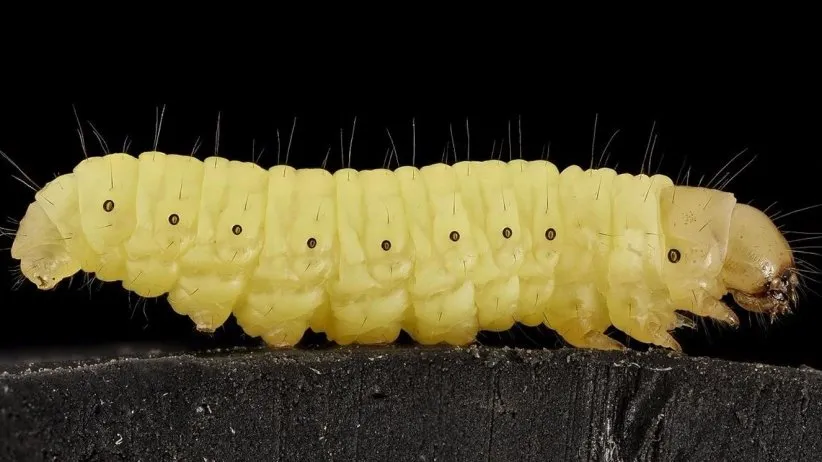
From Entrepreneur.com
The most common form of plastic in use today is polyethylene. Whenever you use a plastic bag, plastic film or drink from a plastic cup or bottles, it's probably made from polyethylene. And while it's very useful, it also takes a very long time to degrade, with estimates ranging from 100 to 400 years if left in landfill.Read more: https://www.entrepreneur.com/article/293352Being able to degrade polyethylene quickly is a challenge, and one that so far scientists haven't been able to overcome. However, an accidental discovery may be about to change that.
Federica Bertocchini is an amateur beekeeper and member of the Spanish National Research Council (CSIC). One of the beekeeper's enemies is the wax worm caterpillar, which is the larvae of the greater wax moth. They take up residence inside beehives and live on the beeswax (they also make for great fishing bait). Beekeepers need to go in and remove them from their hives.
Bertocchini decided to temporarily store the wax worms she was removing from a hive in a plastic bag. But the bag did not stay secure for long as holes started appearing in it. Bertocchini reported her finding and began working with the University of Cambridge's Department of Biochemistry to experiment with the plastic eating caterpillars.
Follow @contentjunkie to stay up to date on more great posts like this one.
